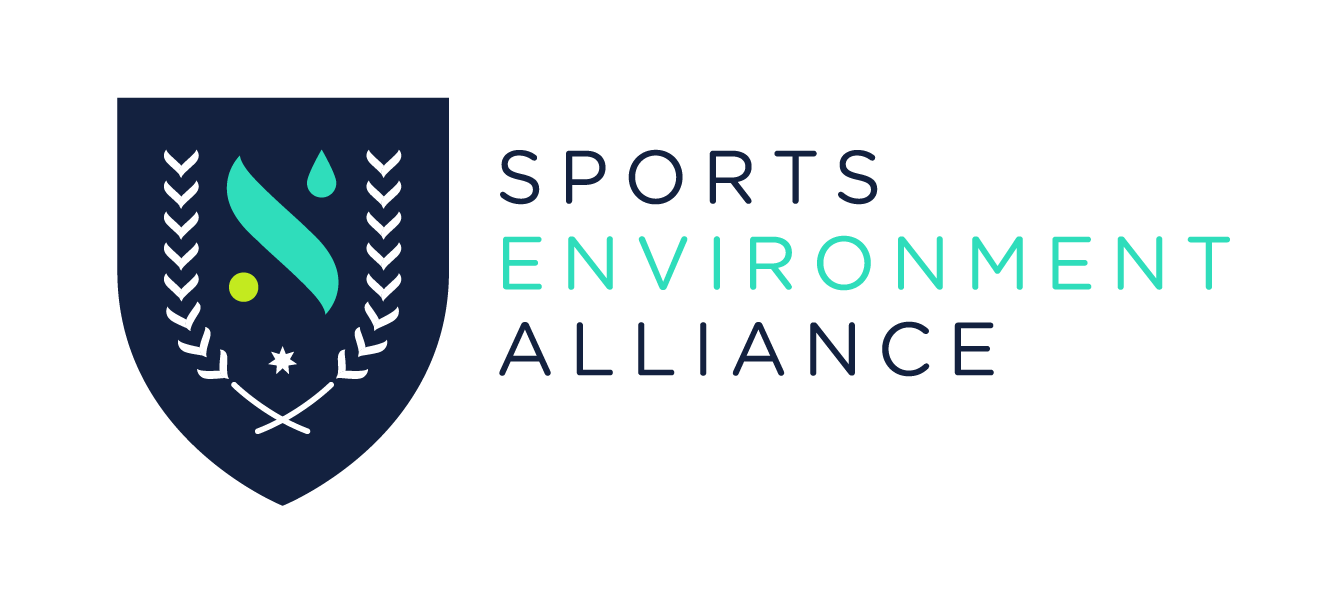
Resources
This white paper explores:
• The true environmental impact of single-use vs reusable cups
• How many uses it takes for a reusable cup to be the better choice
• The role of manufacturing, washing, transport, and consumer behaviour
The way sport approaches sustainability is changing fast. From managing travel emissions to understanding Scope 3 data complexities, sport and recreation organisations need practical solutions to measure, report, and reduce their environmental impact.
The new National Sports Strategy that has been released
Designing and implementing sustainability into sporting events.
From reducing waste and emissions to conserving energy and water, the final episode of our webinar series delved into how to create environmentally responsible events, improve fan experience without compromising event management.
This year’s #SEASummit24 focus was The Future of Sport: Taking action today for tomorrow and was held at Marvel Stadium, Melbourne on Wednesday 17 April 2024.
What does implementing a broader ESG strategy mean for sport?
What is carbon, and why is it important to not only calculate your organisation's emissions, but to develop a plan to minimise the emissions?
Discover how we can support the natural and built environments which provide us with the places and spaces to play and be active. Learn from industry experts and gain practical insights around how to protect these sporting environments by embracing regenerative practices for improving the health of our soils, waterways and forests.
A venue can consume as much energy during a single football game as 10,000 homes would use in the same period. Given the scale of energy consumption, addressing energy decarbonization is critical and offers significant opportunities for reducing greenhouse gas (GHG) emissions.











